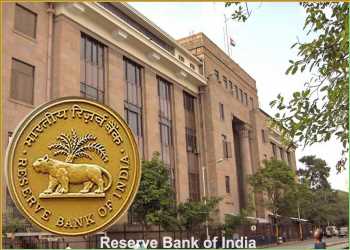India’s central bank decided to leave its key interest rate unchanged at a record low and to stop further purchase of government securities from the secondary market.
The Monetary Policy Committee, led by Governor Shaktikanta Das, unanimously voted to hold the key repo rate at 4.0 percent, the Reserve Bank of India said in a statement on Friday. The decision was in line with expectations.
The reverse repo rate was left unchanged at 3.35 percent and the marginal standing facility rate and the Bank Rate at 4.25 percent.
By a majority of 5 to 1, the MPC voted to retain the accommodative policy stance.
The MPC said it will continue with the accommodative stance as long as necessary to revive and sustain growth on a durable basis and continue to mitigate the impact of COVID-19 on the economy, while ensuring that inflation remains within the target going forward.
Das said the secondary market G-Sec Acquisition Programme, or G-SAP, has been successful in addressing market concerns. The need for undertaking further G-SAP operations at this juncture does not arise.
The Reserve Bank, however, would remain in readiness to undertake G-SAP as and when warranted by liquidity conditions, the governor said.
The RBI observed that aggregate demand is improving but slack still remains. Output is still below pre-pandemic level and the recovery remains uneven and dependent upon continued policy support.
The central bank retained the projection for real GDP growth for the financial year 2021-22 at 9.5 percent. For 2022-23, the growth is forecast to slow to 7.8 percent.
While the near-term prospects are bolstered by the lower base of last year, the outlook is contingent on the evolving COVID-19 trajectory, the bank noted.
According to RBI, the headline consumer price momentum is moderating which, combined with favorable base effects in the coming months, could bring about a substantial softening in inflation in the near-term.
Inflation outlook for 2021-22 was lowered to 5.3 percent from 5.7 percent.
“Given our view that the recovery will only be back on more solid footing next year, we continue to think that rate hikes are still a long way off,” Darren Aw, an economist at Capital Economics, said.
Source: Read Full Article
